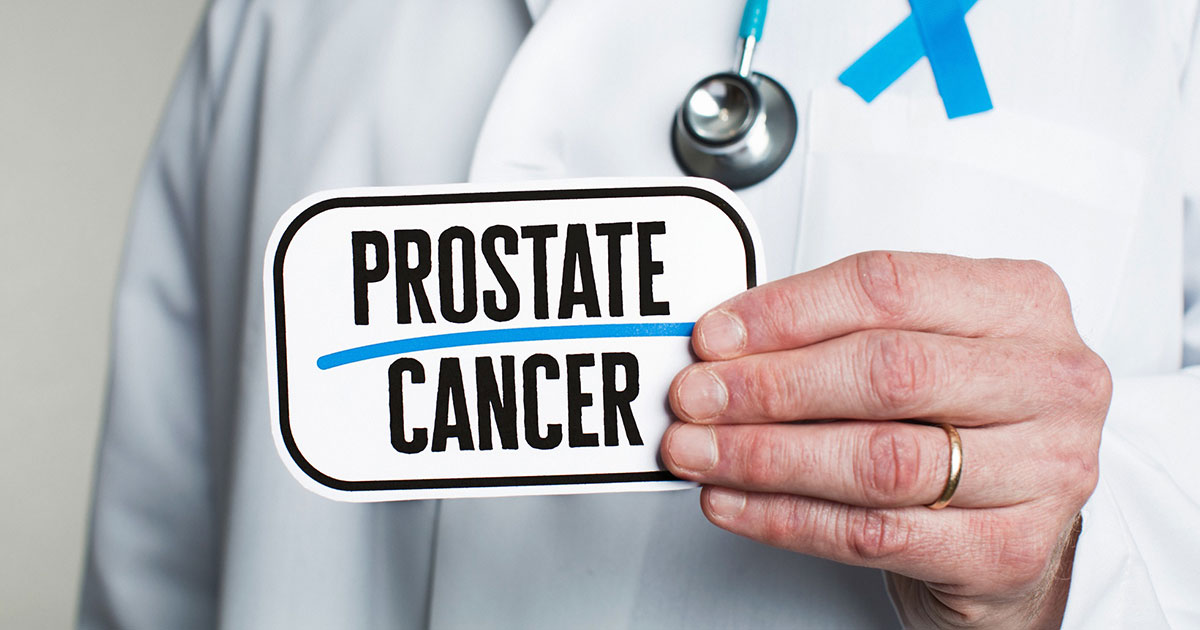Prof. Kingsley Ekwueme, a Consultant Urologist and Robotic Surgeon located in the United Kingdom (UK), has characterized males waiting for prostate cancer signs before beginning treatment as a death sentence and emphasized the need for early identification.
After skin cancer, prostate cancer is the most common type of cancer in men, so it’s important to know what it is and what makes you more likely to get it.
At a Christ the King College Onitsha Old Boys Association “Feast Luncheon” commemorating the “Feast of Christ the Universal King,” he spoke about prostate cancer.
He said, “The myth that guys have about prostate cancer is not only in Nigeria; I have seen it even in the UK.” Men come to me and claim they have no symptoms, so how can they have prostate cancer?
“The PSA blood test actually allows us to detect prostate cancer before it shows clinical symptoms.”
Read also: South African Telehealth Startup, Contro, Raises $5.6 Million In Pre-seed Funding
How could you treat Prostate Cancer?
If you don’t have any symptoms but have a lot of prostate cancer, the treatment will go much better than if you do have symptoms. And if you have symptoms, it could be a bad sign that cancer has spread from the prostate and is no longer localized there.
Prof. Ekwueme called open surgery “morbid” when he talked about new ways to treat prostate cancer. He added that open surgery would need a headlamp to view the prostate, “then you need to withdraw, and it’s really difficult to get the prostate out of a very deep hole.”
But with minimally invasive surgery, whether robotic or laparoscopic, the camera system increases the field of action so much that you can operate with accuracy and reach areas previously believed unattainable.
So why would you submit a guy to open surgery with a bucket full of blood loss and three to four weeks in the hospital? Compared to a two-night procedure, some patients die throughout this process. “My message is that.”
Therefore, he advocated for the progressive phase-out of open surgery for prostate cancer and other operations and the use of robotic or laparoscopic surgery, which is more successful.
Barr. Chuks Nnalugha, the association’s vice president and feast commission chairman, noted that most members are at high risk of prostate cancer, so the association invited an expert.
“We know that prostate cancer impacts old age,” he said. We want to raise awareness and show our members that it can be treated.
Pre-prostate cancer symptoms
The prostate gland is close to the bladder and urethra; hence, prostate cancer may produce urinary symptoms, particularly in the early stages. A tumor may squeeze the urethra, preventing urine flow. Early prostate cancer symptoms:
-
Painful urination
-
Problems initiating or ending urination
-
Nighttime urination increases.
-
Incontinence
-
Urine flow decreases
-
Urine blood (hematuria)
-
Semen blood
-
Erectile dysfunction (ED)
-
Ejaculation pain
